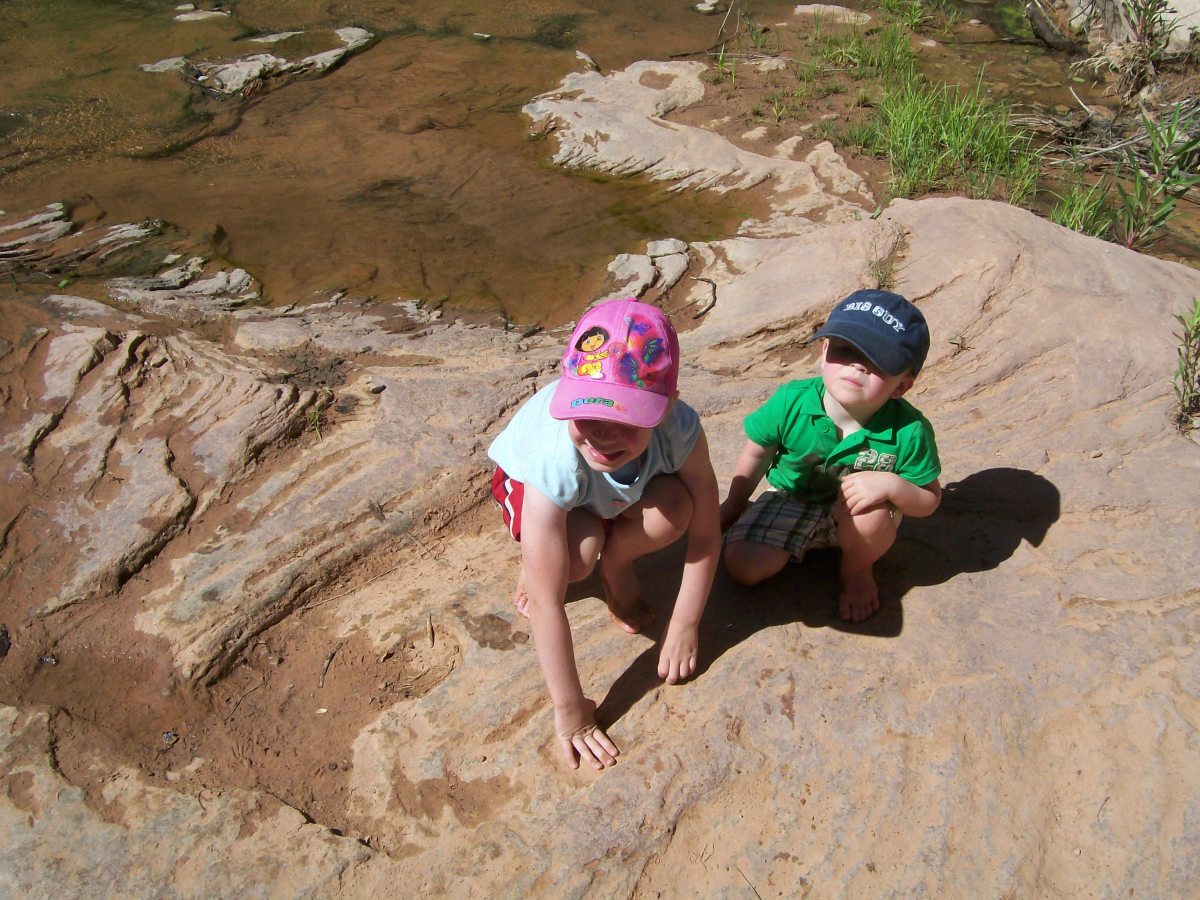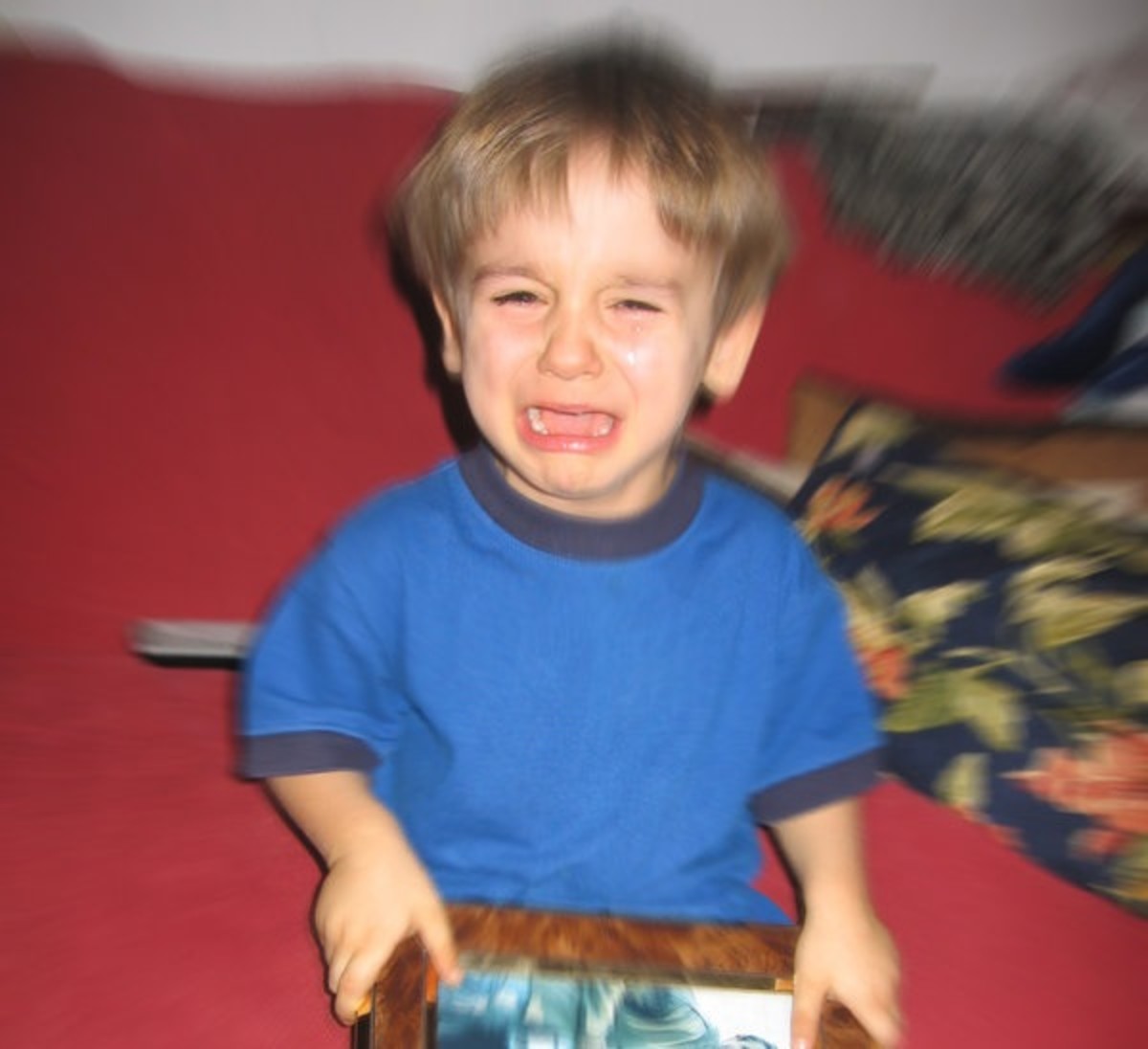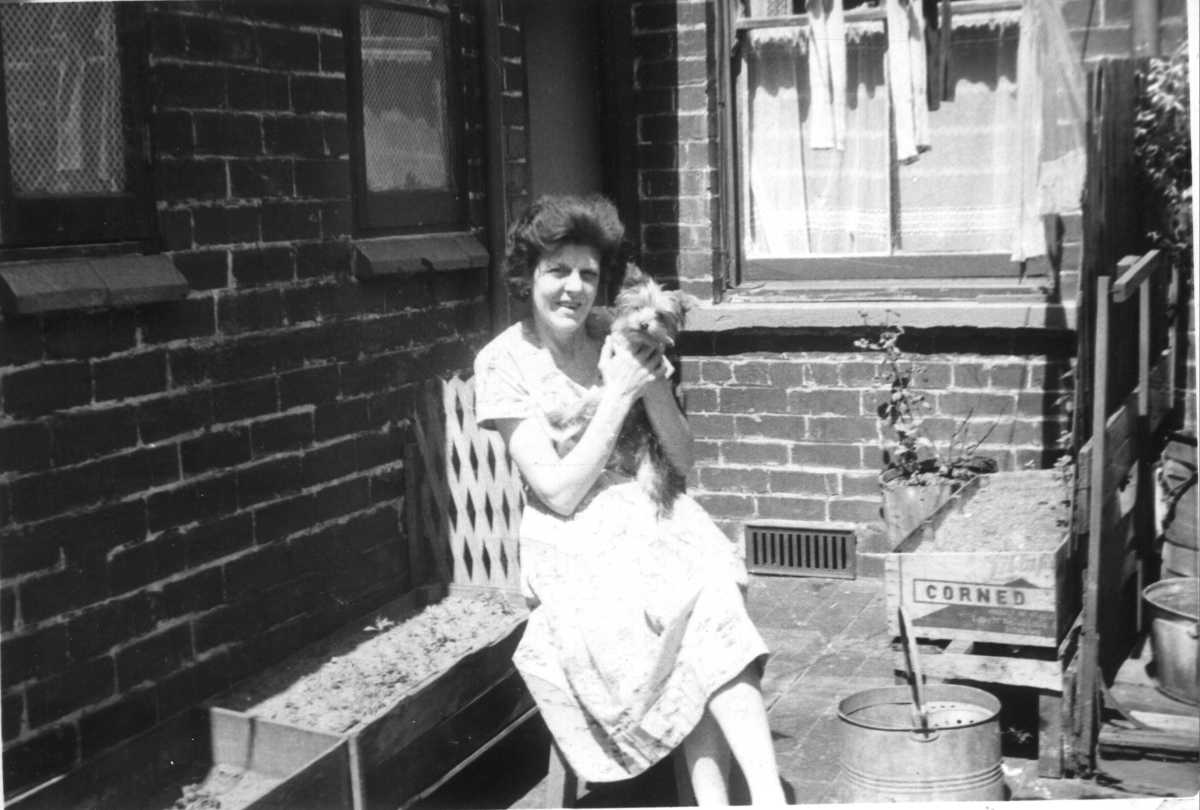How to Correct Bad Behavior in Children
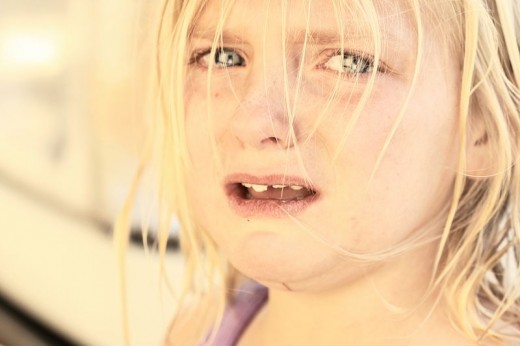
Good mental health is important for children
- A Guide to Children’s Mental Health: How to Mainta...
As an elementary school teacher, I spend most of my life interacting with and observing children. I watch them light up with curiosity and discovery, as well as struggle with friendships and boundaries. Each child is unique and develops at his or...
Discipline that Works
Children, just like all human beings, are by nature, social. In order to successfully teach children anything, their social and emotional nature must be taken into consideration. As a parent, you are your child's first and most deeply invested teacher. Therefore, I believe that parents can benefit from the philosophy and methods of caring and effective teachers.
Rules
Children feel a greater sense of belonging and ownership when they are involved in the process of creating rules. Children feel that they are part of a community when they are shown that their voices have meaning and that the rules not only apply to them, but also belong to them. It helps them to see that these rules will be for everyone in the home, not just them.
Make your child apart of the rule making process by engaging in questions such as:
- What do we need to do to stay safe at home and when we are out?
- What helps us work best together at home?
- How do you want to be treated?

Posting and Implementing the Rules
Decide on no more than 10 (less is more) rules for your home. Once these are chosen, display them in the house somewhere you all can agree upon. Everyone should agree and sign these rules. The idea is that you have all created them and now you will all hold each other accountable to them. It is important for you each to learn to call each other out when these rules are broken.
Routine
Part of managing your child's behavior, is having a predictable routine. Children feel safer and more relaxed when they know what to expect. Create a wake up routine and even make a schedule that can be placed near the rules. Having a routine will significantly effect your child's behavior by creating clear expectations.
The most meaningful rewards and consequences are those that happen naturally.
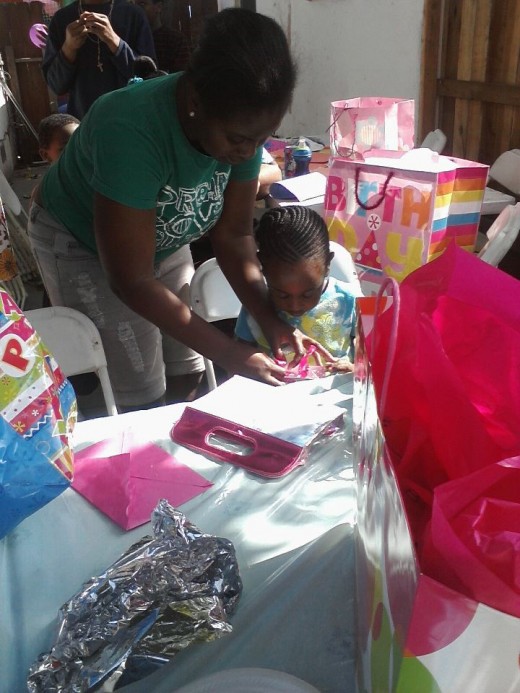
Rewards
- All rewards should occur naturally such as learning something new or feeling a sense of accomplishment. The job of the parent is to point out the natural reward (example: "See what you were able to do all by yourself? I bet that feels good."
Consequences
- Just as rewards, consequences can occur naturally and it can be the parents job to make notice when this happens, telling the child clearly what happened and why.
- Help your child find logical means of correcting his or her actions (i.e. you break it, you fix it).
- It can also be quite effective to put the responsibility for your child's behavior back on him or her by simply asking them whether what they did made sense or was the best way to handle the situation? Ask them to explain what a better alternative may have been to ensure he or she understood what did not work.
- Offer reminders to your child about the rules and their behavior. This helps your child understand they are not expected to be perfect and that you trust they can and will learn how to get along in the world.
Excellent Books on Positive Parenting
Reminders for parents
- Listen to your child. They need to be heard in order to feel understood and valued.
- Don't be afraid to be firm. Children feel safe when boundaries are clear.
- Take problems as a way to teach something valuable.
- If you teach your child how to find reasonable solutions themselves now, they will be more independent later.
- You are their example so be a good role model.



